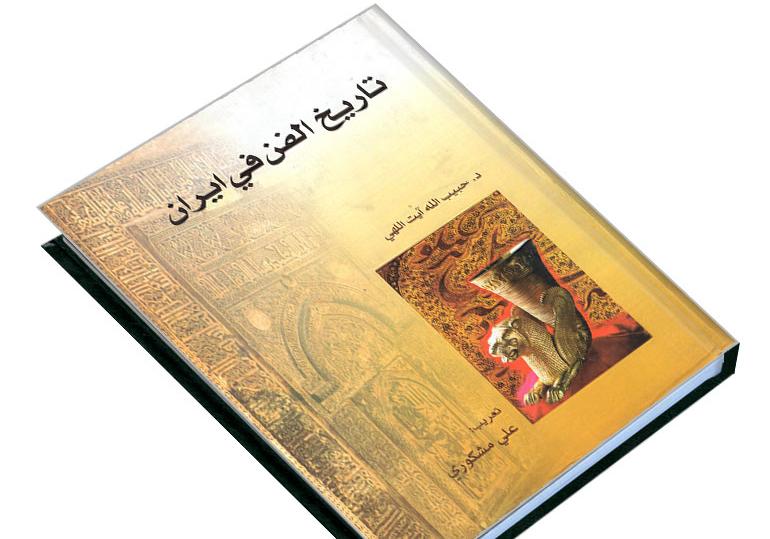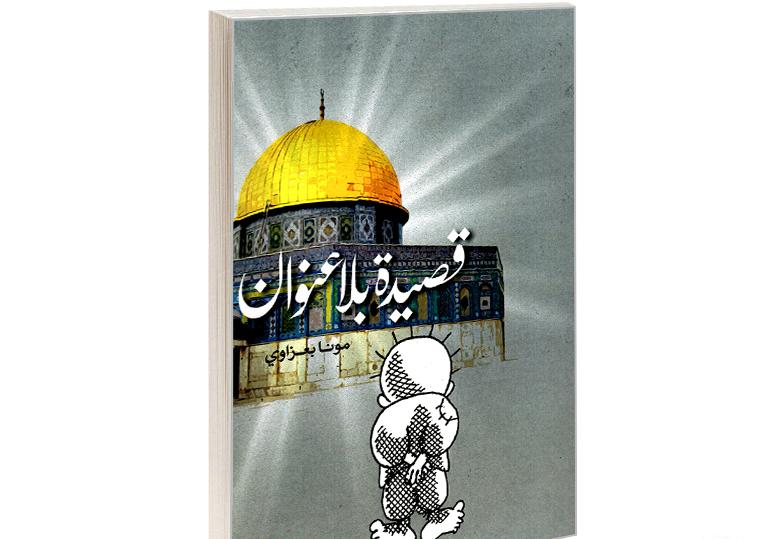
Makhtumqoli Faraghi
Makhtumqoli Faraghi was a great personality who held the position of a philosopher, guru, and poet in a large part of Iran and Central Asia for several centuries and has gained great respect.
The Life History of Makhtumqoli Faraghi
Born in the Ajiqushan Village of Gonbad-e Kavus in the year 1724 AD, Makhtumqoli was the third son of Daulat Mohammad (Mollanafs) Azadi. (In some sources, the year of Makhtumqoli’s birth is also mentioned as 1730 or 1733 AD.) Makhtumqoli’s father was a modernist poet and was well-known among the Turkmen. He chose the name “Makhtumqoli” for his son to keep alive the memory of his great-grandfather. Of course, Makhtumqoli called himself “Faraghi” after reaching adulthood; probably, after he composed his first poems. Although “Faraghi” has an Arabic root from the lexical point of view, it had been used in ancient Persian literature and among Iranian writers and contains mystical concepts.
Makhtumqoli’s father was his first teacher and in his poems, he has mentioned his father’s influence on his education and life. He then traveled to Bukhara and Samarkand to complete his studies. This great Turkmen poet studied at the important and famous “Shirghazi” school when he was a teenager. During the Middle Ages in Central Asia, Shirghazi had become one of the main centers of Iranian civilization and culture, and its top teachers engaged in teaching high-level courses. This feature provided a suitable environment for the growth of intelligent and talented people like Makhtumqoli. Meeting with Khawaja Ahmad Yasawi was one of the important events of Makhtumqoli’s adolescence and youth. Khawaja Ahmad was a scientist, philosopher, and religious scholar of that era.
After completing his studies, Makhtumqoli returned to his hometown but traveled to Bukhara, Afghanistan, and India a few times. During Makhtumqoli’s lifetime, “Ahmad Durrani” ruled Afghanistan and the areas where he lived. Because of his services and reputation, Durrani invited Makhtumqoli to Afghanistan where he got married and had two sons, both of whom died in their childhood.
Makhtumqoli passed away in 1807 AD and was buried in Aq Toqay of Maraveh Tappeh in the northeast of Golestan Province. A tomb was built on the grave of this great poet in the year 1990. Every year on the anniversary of his death, lovers of Turkmen poetry and literature hold a memorial ceremony at his tomb.
Themes and Importance of Makhtumqoli Faraghi’s Poems
Only one divan of poetry is left from Makhtumqoli, however, this great divan can be considered a library in itself. Various types and forms of poetry such as Musmat, Ghazal, and Qaseedah can be found in this Divan. Makhtumqoli’s poems are at the peak of beauty and art. Like great Persian-speaking Iranian writers, Makhtumqoli has used literary stylistic devices and figurative language to the fullest extent, and by this means, he has made his poems everlasting.
Makhtumqoli was not only a poet but also a social activist who reflected the conditions of his society in his poems. He always called for the Turkmens to unite and criticized the approaches of the conquering king of his time, Nader Shah. This feature has made Faraghi’s poems more popular among Turkmen people and are even used as songs in their local music performances. Writing about the importance of literacy, the social role of women, criticizing the hypocrisy of some so-called religious scholars, and pointing to problems such as class differences, poverty, and drug addiction, shows the extent of Makhtumqoli’s interaction with the people of his time who considered a social and cultural role for himself.
Some people compare Makhtumqoli’s position in Turkmen literature and culture with that of Ferdowsi's in Persian literature and believe that just as Ferdowsi revived the Persian language with his Shahnameh, Makhtumqoli, too, guaranteed the life of Turkmen literature with his poems.
Makhtumqoli’s Divan of Poems was inscribed on the list of Iran’s intangible cultural heritage in the year 2018.
Makhtumqoli was not only a poet but also a social activist who reflected the conditions of his society in his poems. He always called for the Turkmens to unite and criticized the approaches of the conquering king of his time.
| Name | Makhtumqoli Faraghi |
| Country | Iran |
| period | Classic |
| Template | Organized |

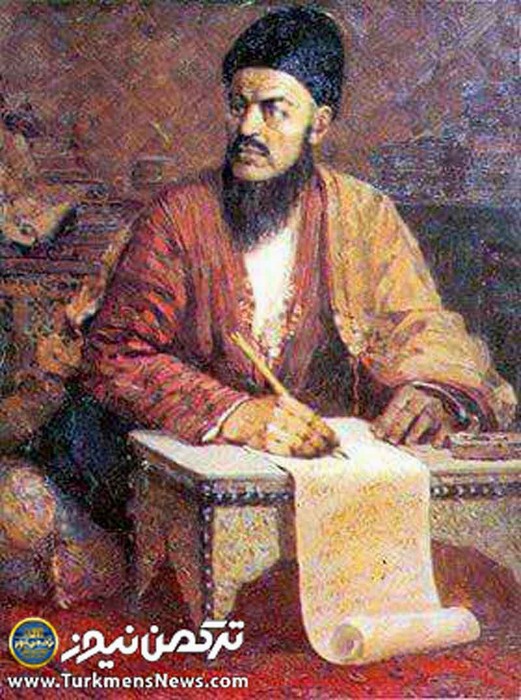
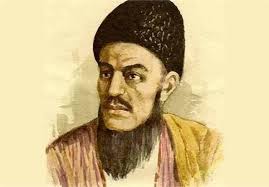



Choose blindless
Red blindless Green blindless Blue blindless Red hard to see Green hard to see Blue hard to see Monochrome Special MonochromeFont size change:
Change word spacing:
Change line height:
Change mouse type:
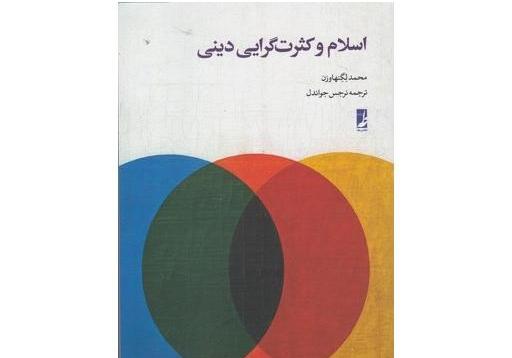


.jpg)
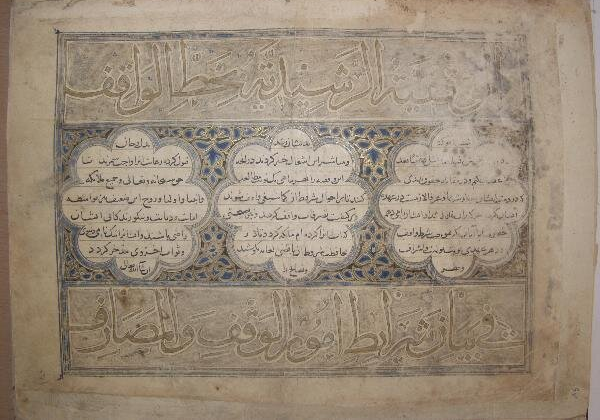
_1_crop_1.jpg)
